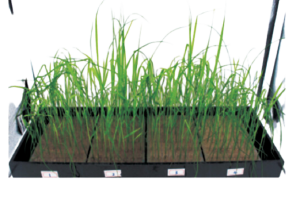As a subtropical thermophilic plant, rice is sensitive to low temperature environment. Low temperature will cause poor growth and development of rice seedlings or even death, severe seriously affect the rice yield.
Thus, the cold resistance test has carried out:
| When the seedlings grow to the stage of
2 leaves and 1 heart (about 14 days in total), add material for root culture. |
|
||||||||||||||||||||
The results showed as following:
Effects of different concentrations of CHITOSAN PRO on the growth of rice seedlings under low temperature stress After culturing the roots of different concentrations of CHITOSAN PRO, it can be seen from the overall growth of the cold-damaged seedlings. Morphology changed, leaf margins lost water, and leaf tips curled; while the phenotype of the seedlings cultured with 50 and 100 mg/L CHITOSAN PRO root system was more erect, the leaf color was brighter green, and the overall growth state of the seedlings was better than that of the control group. It shows that exogenous application of CHITOSAN PRO can alleviate the damage of low temperature to rice and protect rice seedlings.
Post time: Sep-20-2023




